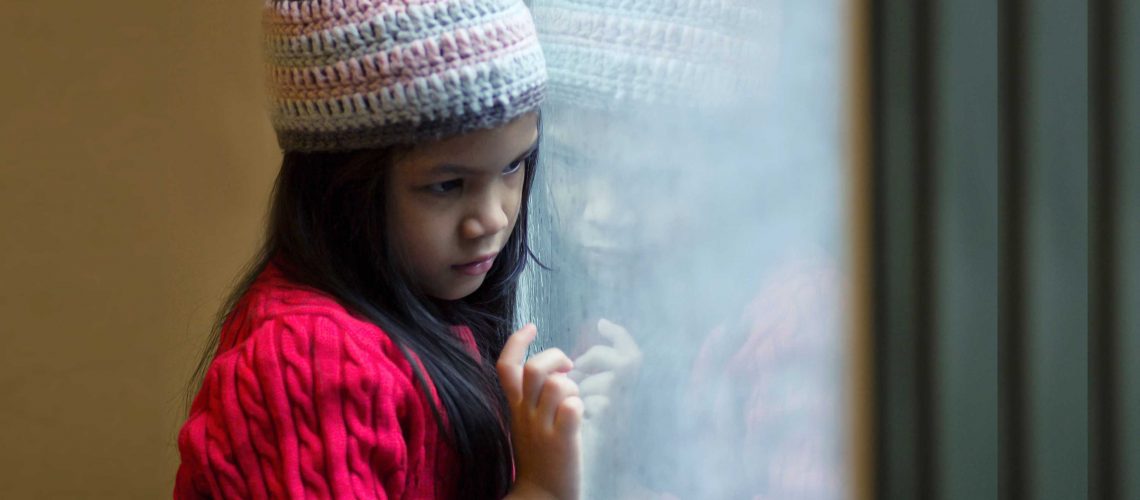To download a PDF of this page, click here.
What is child sexual abuse?
Generally speaking, child sexual abuse involves sexual contact between:
- A child and an older person or
- A peer who forces sexual contact.
If a child is involved, the following activities are a few examples of sexual abuse:
- Touching of a child’s private parts
- A child touching someone else’s genitals
- Sexual intercourse
- Obscene phone calls
- Watching sexual activity
- Exposure to pornography
Note: Legal definitions of sex crimes involving children vary by state. If you have a specific question about the legal definitions, please consult authorities in your state. You can read Tennessee’s laws here.
The facts about child sexual abuse
- 1 in 4 girls and 1 in 7 boys will be sexually abused by age 18
- Most children are sexually abused by someone they know and trust (95%)
- Young children, even preschoolers, are sexually abused
- Most adults who sexually abuse children are men (95%), but some women also sexually abuse children
What should I do if I suspect a child is being abused?
If you think a child you know is being abused, you can help in the following ways:
- Listen to the child.
Let the child talk to you about his or her worries and concerns. Don’t ask a lot of questions. - Believe the child
Children rarely lie about sexual abuse. Their statements about abuse should be taken seriously. - Support the child.
Children may feel sexual abuse is their fault. Let them know they didn’t do anything wrong and thank them for telling. - Stay calm.
A child may not talk about abuse if he or she knows that it makes you feel angry, worried or scared. - Take action.
Children who are being abused must rely on adults to keep them safe. Do not try to forget the problem or hope it will go away. Do not confront the abuser. - Report it.
A report is simply a request for an investigation. You do not have to know for sure that the abuse happened. By law, any person who knows or has reasonable cause to suspect that a child has been abused MUST report such knowledge or suspicion immediately. No one but the child welfare agency will know that you made the report. The toll-free number to call in Tennessee is 877-237-0004.
What are the signs of child sexual abuse?
Unfortunately, it is very difficult to detect sexual abuse. The signs of sexual abuse can vary by the child’s age and gender, and often children show no signs.
Children who are troubled by things that happen to them, including sexual abuse, may show one or more of these signs:
Behavioral indicators
The child:
- Has adult-like knowledge of sex
- Behaves in a sexual way (ex. rubbing their own private parts more than usual, touching other people’s private parts, masturbating excessively)
- Shows significant changes in eating habits
- Acts young or babyish (ex. wetting pants or sucking thumb)
- Runs away or skips school
- Acts differently than usual (ex. a normally outgoing and friendly child becomes shy and quiet)
- Acts seductively toward classmates, teachers or other adults
- Has sleep disturbances (ex. bedwetting, nightmares)
- Is fearful of particular places or people
- Appears withdrawn, depressed, has feelings of low self-worth or cries for no reason
- Demonstrates over-aggressiveness or acts out
Physical indicators
- Complaints of pain, itching or irritation in genital or rectal area
- Torn, stained or bloody underclothing
- Evidence of trauma (ex. bruises, bleeding) of the anus, genitalia or vaginal area
- Difficulty walking or sitting
- Symptoms of sexually transmitted disease
Family dynamics related to abuse
Suspected perpetrator:
- Has a history of sexual maltreatment and abusive behavior by family
- Acts dominant, protective and/or jealous of the child
- Misuses drugs or alcohol
- Lacks social contacts outside the family
- Turns to the child to get emotional and physical needs met
- Has generational boundaries between parents and child that are unclear

